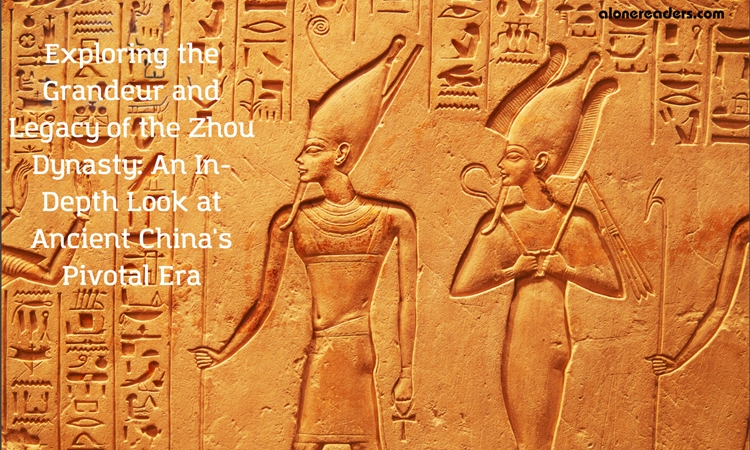
The Zhou Dynasty, reigning from approximately 1046 to 256 BC, stands as one of the most significant and transformative periods in Chinese history. Spanning over eight centuries, it was the longest-lasting dynasty in China, characterized by profound political, cultural, and philosophical developments that shaped the trajectory of Chinese civilization.
The dynasty's beginnings are marked by the overthrow of the Shang Dynasty. King Wu of Zhou, with the assistance of his strategist, the Duke of Zhou, successfully defeated the Shang ruler in the Battle of Muye, setting the stage for a new era. The early phase of the Zhou Dynasty, known as the Western Zhou period (1046-771 BC), witnessed the establishment of a feudal system where power was distributed among Zhou relatives and loyal nobles. These feudal states, while owing allegiance to the Zhou king, had considerable autonomy.
The political structure of the Zhou Dynasty was deeply influenced by the concept of the "Mandate of Heaven." This philosophy held that the right to rule was granted by celestial powers. Unlike the divine right claimed by the Shang rulers, the Zhou's Mandate of Heaven was conditional on the ruler's ability to govern justly and competently. This concept not only legitimized the Zhou rule but also laid the groundwork for the dynastic cycle and the rise and fall of future dynasties.
Culturally, the Zhou Dynasty was a period of remarkable creativity and intellectual ferment. The era saw the birth of Confucianism and Daoism, two of the most influential philosophical schools in Chinese history. Confucius, living during the late Zhou period, emphasized ethics, moral governance, and social harmony, while Laozi, traditionally considered the founder of Daoism, advocated for simplicity, naturalness, and harmony with the Tao, or the way of the universe.
The Zhou era is also distinguished by significant advancements in technology and culture. The use of iron tools became more widespread, leading to improvements in agriculture and craftsmanship. This period also saw the refinement of bronze casting techniques, producing intricate ritual vessels and weapons. The development of a standardized script during the Zhou Dynasty facilitated the administration and cultural unification of the vast Chinese territory.
The latter part of the Zhou Dynasty, known as the Eastern Zhou period (771-256 BC), was characterized by political fragmentation and constant warfare among competing states. This period is further divided into the Spring and Autumn period (771-476 BC) and the Warring States period (475-221 BC). The decentralization of power led to the rise of influential regional states such as Qi, Chu, Yan, Han, Zhao, Wei, and Qin. These states engaged in frequent conflicts, vying for dominance and territory.
Despite the political turmoil, the Eastern Zhou period was a time of remarkable intellectual and cultural development. This era, often referred to as the "Golden Age" of Chinese philosophy, produced the Hundred Schools of Thought, which included not only Confucianism and Daoism but also Legalism, Mohism, and other philosophical schools. These philosophies profoundly influenced Chinese thought, politics, and society.
The decline of the Zhou Dynasty was marked by the inability of the Zhou kings to control the powerful regional states. The culmination of this decline was the unification of China under the Qin Dynasty in 221 BC. The Qin's victory over the other warring states brought an end to the Zhou Dynasty and the tumultuous Warring States period.